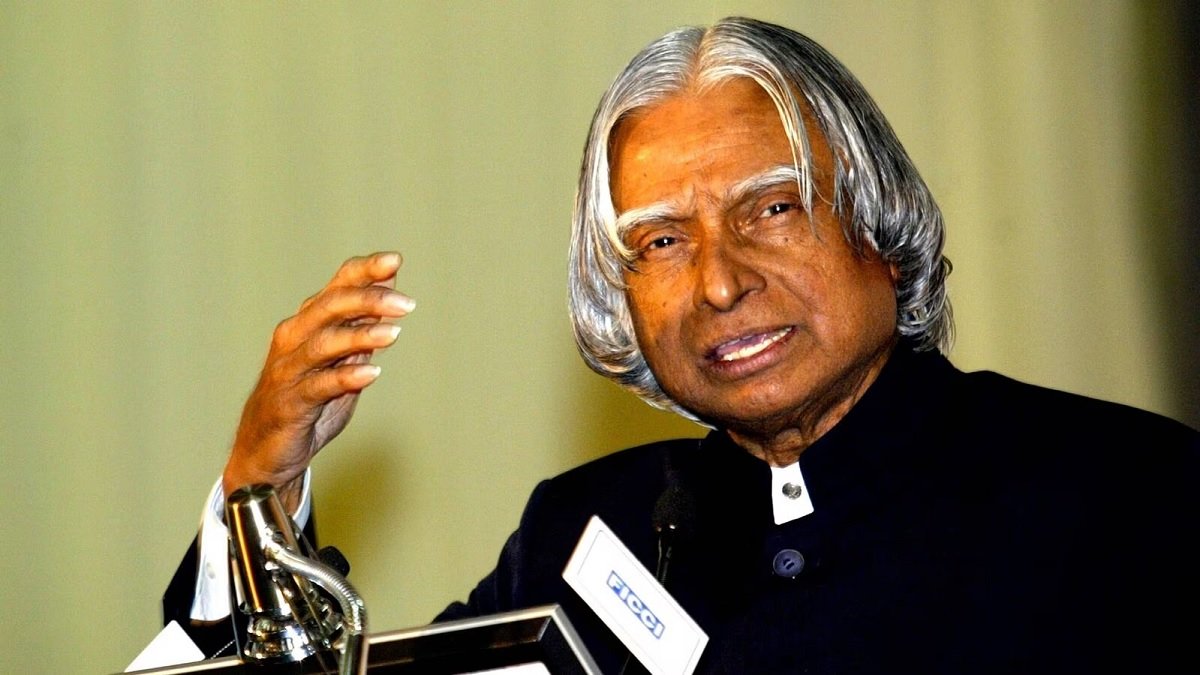In the intricate tapestry of the Bahá’í Faith, the figure of ‘Abdu’l-Bahá emerges as a paragon of spiritual enlightenment and an embodiment of the principles of love and unity espoused by Bahá’u’lláh, the founder of the Faith. Among the myriad teachings imparted by ‘Abdu’l-Bahá, the concept of the spiritual wish that blossoms into a marriage serves as a profound metaphor for the intertwining of spiritual aspiration and earthly connection. This essay delves into the multifaceted dimensions of this teaching, illuminating its implications for interpersonal relationships, societal harmony, and the overarching vision of a unified human family.
At the crux of ‘Abdu’l-Bahá’s teachings is the understanding that true marriage transcends mere physical or emotional attraction. It is posited as a sacred bond that necessitates a spiritual foundation. This concept can be articulated through the lens of the ‘spiritual wish,’ a term that encapsulates the aspirations and intentions that individuals must cultivate before embarking on the journey of matrimonial union. ‘Abdu’l-Bahá emphasizes that such a union should be predicated on mutual spiritual development, respect, and a shared commitment to service. Thus, the spiritual wish is an invitation to seek a deeper connection that surpasses superficial desires.
The Bahá’í perspective on marriage is couched in the terminology of partnership. Each partner is seen as an equal participant in a divine odyssey—both individuals journeying together towards personal and collective enlightenment. As ‘Abdu’l-Bahá elucidates, the ideal marriage is akin to a garden cultivated with care and nurtured with love, requiring the attentive provision of the necessary spiritual nutrients to flourish. These nutrients include patience, mutual respect, and sincere intentions, which work synergistically to foster an environment conducive to growth.
In exploring the spiritual wish that evolves into marriage, it is pertinent to consider the role of compatibility in a prospective union. ‘Abdu’l-Bahá asserts that compatibility should extend beyond external attributes into the deeper realms of character and values. When two individuals share a coherent vision of their purpose in life—one rooted in serving humanity and fostering unity—they establish a firm foundation for their marital relationship. This notion is critical in navigating the complexities that often accompany married life, allowing the couple to harmoniously reconcile their individual aspirations while simultaneously surmounting inevitable challenges.
Moreover, ‘Abdu’l-Bahá’s teachings on marriage encourage a profound re-examination of traditional gender roles. In the Bahá’í framework, both partners are called to engage in cooperative roles that defy historical precedents of inequality. The spiritual wish in a Bahá’í marriage is, therefore, an affirmation of equality: both partners possess unique strengths and contributions that are indispensable for the sustenance of their union. This egalitarian ethos not only strengthens the marital bond but also fosters a community atmosphere that reflects the principles of justice, equity, and shared responsibility.
In terms of societal implications, the principles surrounding the spiritual wish that culminates in marriage resonate well beyond the private sphere, informing broader discussions on community building and inter-racial and inter-faith harmony. Each marriage founded upon spiritual aspirations contributes to the tapestry of a more cohesive society. Such unions become exemplars of how diverse backgrounds can merge within a framework grounded in divine love and understanding. The model of unity within diversity is particularly pertinent in today’s global context, where societal divisions often perpetuate conflict. Here, ‘Abdu’l-Bahá’s teachings propose a paradigm shift, envisioning a world where differences are celebrated rather than merely tolerated—a world where each marital union serves as a microcosm of global unity.
The long-term vision of ‘Abdu’l-Bahá for humanity extends to encompass the emerging generation. Children raised in families that embody the principles of the spiritual wish are likely to grow into compassionate and understanding individuals. Such children become not just passive beneficiaries of their parents’ teachings, but active agents for change. They carry forth the lessons of love, service, and unity into their own relationships and communities. In this way, the spiritual wish that ignites a marriage acts as a catalyst for a broader societal transformation, laying the groundwork for a future characterized by harmony and cooperative endeavor.
Furthermore, ‘Abdu’l-Bahá has articulated that prayer and spiritual mindfulness play critical roles in fostering an atmosphere of divine guidance within a marriage. Couples are encouraged to engage in regular prayers that bolster their spiritual connection. This commitment to a shared spiritual practice serves to fortify the emotional and mental bonds shared by the partners, reminding them of their greater purpose and the significance of their union in the context of the divine plan for humanity.
In conclusion, ‘Abdu’l-Bahá’s teachings on the spiritual wish that evolves into marriage offer a rich tapestry of insights into the nature of relationships framed by spiritual principles. By emphasizing the importance of mutual spiritual growth, egalitarian engagement, and community-oriented aspirations, ‘Abdu’l-Bahá articulates a vision for marriage that transcends conventional understandings. The profound implications of these teachings serve not only to enrich individual unions but to illuminate pathways for a united global community, affirming that from a singular spiritual wish can arise a marriage, and from marriage, can emanate a harmonious society rooted in love and understanding.
